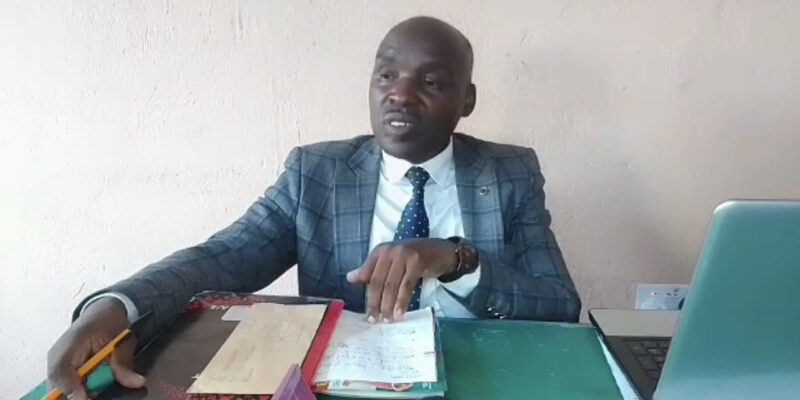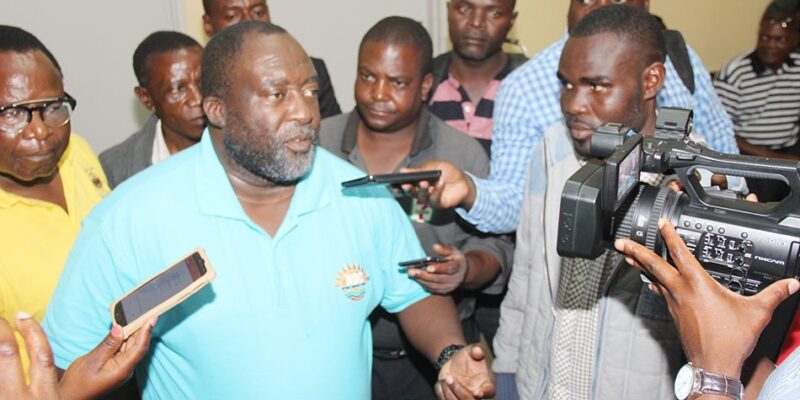As stakeholder engagement intensifies regarding the ongoing project to amplify voices on media freedom, freedom of expression, and digital rights, more insights are emerging.
In this edition, we engage with Luapula-based Emmanuel Munsanje, the immediate past president of the Luapula Chamber of Commerce and Industry.
“I want to discuss media freedom. When we talk about media, we refer to the channels disseminating information to various sources,” Munsanje explained.
He added that: “There are ample media freedoms in Zambia.”
Munsanje defined freedom as the ability to work without constantly looking over one’s shoulder.
“In Zambia, there seems to be political will to promote media freedoms by the current regime. This political will has been evident since the President’s inaugural speech in 2021,” Munsanje noted.
He recalled that the movement for media freedom gained momentum when Prime TV reopened following the President’s inaugural speech.
Reflecting on the past regime, Munsanje observed a restricted space for media freedom.
“Previously, we could list media houses that were closed, such as Komboni Radio and Muvi TV. During that time, any media expressing divergent views faced threats of closure,” he remarked.
With the enactment of the Access to Information (ATI) law, Munsanje expressed optimism for greater media freedom.
“The media now has the opportunity to extract information without fear of closure due to the political will in favor of media houses,” he said.
However, he urged media outlets to maintain a balance between freedom of speech and respecting others’ freedoms.
“Freedom of speech is evident today, as we see individuals seemingly challenging the head of state and even ministers without repercussions,” Munsanje observed.
Regarding digital rights, he emphasized the need for strict enforcement of the Cyber Security Act.
“The digital space remains largely unregulated. Enforcement of existing laws is lacking, leading to insults and innuendos, particularly against the head of state,” he pointed out.
Munsanje expressed concern about the proliferation of cyberbullying in Zambia, leading to tragic outcomes such as suicide.
“Social media has become a platform for both educated and uneducated individuals to abuse the digital space,” he lamented.
This story is sponsored content from Zambia Monitor’s Project Aliyense.

 Metro1 day ago
Metro1 day ago
 Musings From Abroad1 day ago
Musings From Abroad1 day ago
 Metro1 day ago
Metro1 day ago
 Sports1 day ago
Sports1 day ago



























